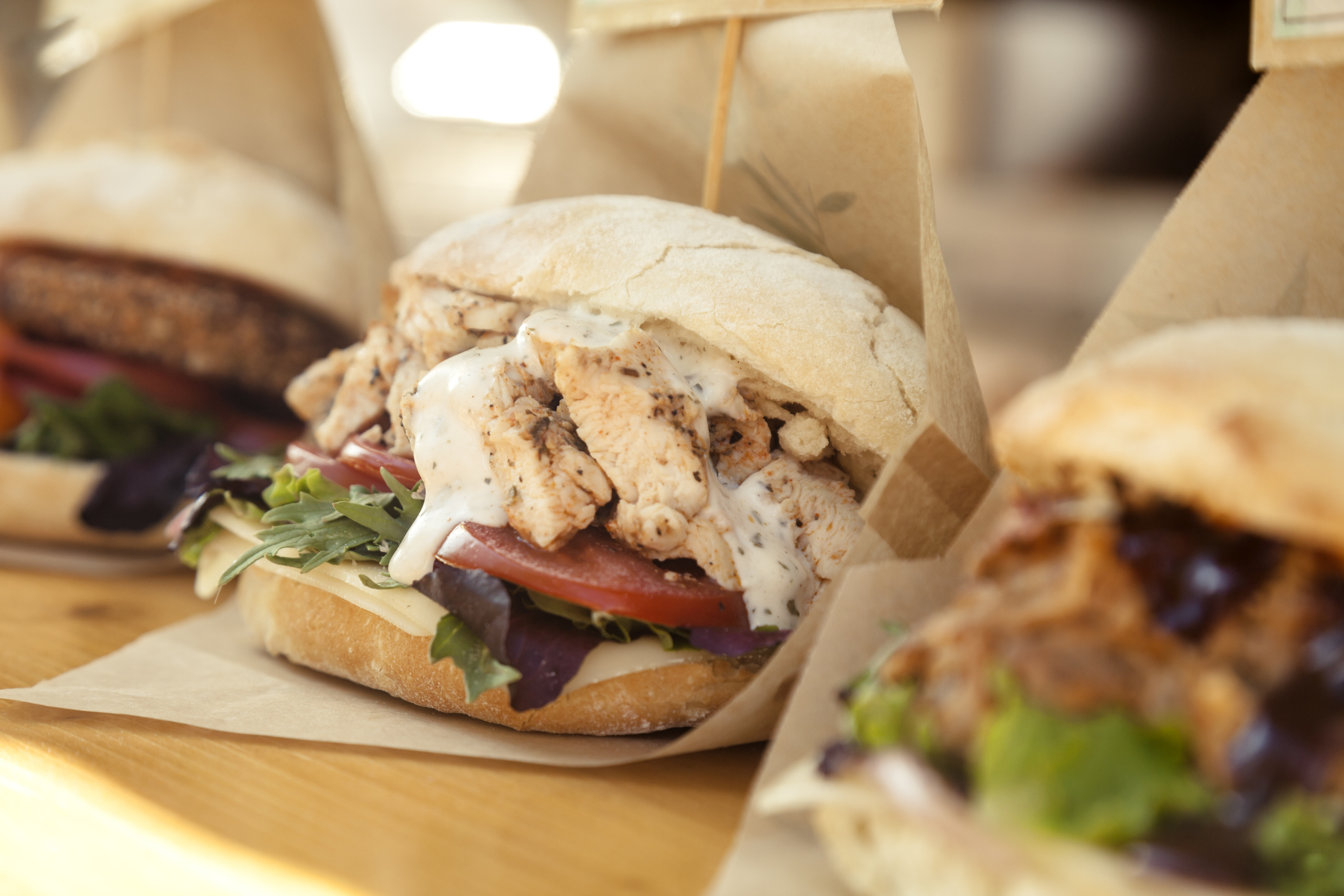Government publishes guidance on upcoming HFSS regulation

The Department of Health and Social Care (DHSC) has developed guidance to clarify elements of new HFSS legislation, which is due to come into effect on 1 October this year.
Legislation which limits the promotion of HFSS products has been in the works since 2019, when the Government first launched a consultation into multibuy offers.
Since then a set of rules has been developed, with the ultimate aim being to tackle the UK’s growing obesity epidemic and improve the nation’s health by limiting impulse buys and over consumption of foods high in fat, salt and sugar.
These rules include a ban on HFSS ads online, and before the 9pm watershed on television. Additionally, shops will not be allowed to place HFSS foods in prominent positions instore, such as by checkouts.
The adoption date for HFSS legislation has been pushed back since it was announced. This is one of several reasons why preparation for the change has been limited among UK businesses.
Published on the Government department’s website, the guidance aims to ameliorate this. It is intended for use by businesses implementing the new rules, and enforcement authorities who will be guaranteeing compliance.
The guidance specifies which businesses are exempt from HFSS legislation. Micro and small businesses (those with fewer than 50 employees), schools and care homes, for example, do not have to comply with location restrictions or volume price promotion bans.
Specialist retailers like chocolatiers and sweet shops do not have to comply with location restrictions, the guidance states, but will still be subject to volume price promotion restrictions.
HFSS legislation will apply to all medium and large retailers that sell food and drink, even if this is not their primary purpose. As such, the scope is larger than just supermarkets.
Establishments which are not obvious targets for the new rules, but will still have to comply, include garden centres, train stations, pharmacies, gifting websites and DIY stores.
Also clarified is the extent to which ‘out of home’ dining establishments will have to comply. Restaurants, cafés, coffee shops and fast-food restaurants are exempt from both location and volume price restrictions. This is the case even when they are serving prepacked food.
These establishments will however have to abide by new “free refills” restrictions, which prohibits refilling sugary drinks for free. Water, no added sugar drinks and drinks with a content of more than 1.2% ABV are exempt.
However, as from the first week in April, out of home establishments such as restaurants and pubs employing over 250 staff, are required to show calories on their menus.
The HFSS guidance gives a detailed breakdown of foods which are impacted by the new regulations so that retailers can ensure compliance both instore and online. A formula which can help deduce where a certain product is legally allowed to be placed instore is also included.
The document also details information on non-compliance. The new HFSS regulations will be enforced by local authorities such as counties, boroughs or district councils. These authorities will work with businesses to ensure they are compliant. Should a business not follow the new rules, the authorities will conduct an investigation and could serve the business with a discretionary improvement notice. An improvement notice allows the retailer to take steps to comply to the rules before potentially incurring a penalty.
To read the full guidance, head to the DHSC website.








